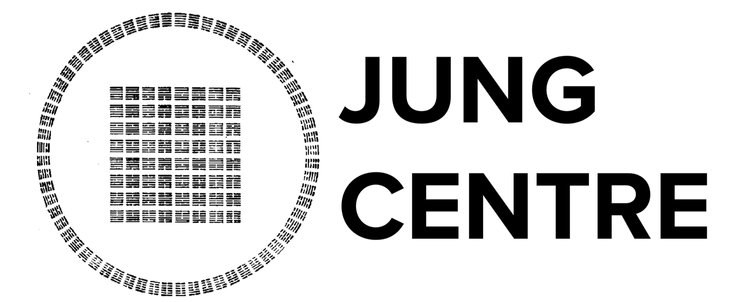Art and The Unconscious
Creative Process Therapy Diploma Course
Online - 6 Mondays (6.30pm-9.30pm UK time)
2nd June - 7th July 2025
‘The wealth of the soul exists in images.’ Carl Jung
Introduction
This course demonstrates the inextricable link between art and the unconscious mind. Just as we can explore the depths of the unconscious through Dreams, we can also explore the projected unconscious in artistic creation. Art provides us with a container to view and explore both personal and archetypal symbolism.
Within Art is psychological depth that reflects mental health, society, and zeitgeist. Imagery activates the sensate world; a world which in its original form was undefended. Working with imagery facilitates the way for the personal unconscious to come forward before the ego defenses have been employed. Pictures often evoke strong emotional responses. Being able to understand why a picture makes us feel a certain way can gently reveal the personal complexes at play thus offering an expansion of consciousness which allows the libido to be free-flowing and moves us along the path of individuation. At a deeper level, we can access the archetypes which move through us, furthering the individuation journey and calling us into collective action.
What makes this course unique is the contribution from the Artist who through his own vulnerability allows us to see the role of art in turning trauma into triumph. Gerard bravely shares his inner psychic world with us via his paintings which were created over a twenty-year span. This in real time gives us insight into the psyche of an artist exemplifying the inextricable link between art and the unconscious mind.
On completion of the course You will gain a solid theoretical understanding of the unconscious processes at play in artistic creation. You will have weekly opportunities to apply the theory to yourself and to the artwork on the course, strengthening your confidence for art analysis in clinical practice and for your own personal development. Each lecture will be supported by a wealth of accompanying resources; articles, psychiatric journals, and clinical aides such as instructed exercises and projective tests to use clinically or personally including inkblots created by Gerard and guided active imaginations.
Each week, students will be sent a piece of Gerard’s artwork for their personal reflections. Student reflections and analysis will be shared and discussed collectively in week 6. Along with an in-depth presentation of the artwork’s true meaning where Gerard’s personal and collective unconscious is revealed.
All psychological and artistic terminology will be explained and exemplified throughout the course.
What to expect:
Week One:
Introduction to Jungian Psychology and the structure of the psyche
Reflections on the projected unconscious in art
The concept of canvas as container
The archetypal nature of art
The beginners mindset
Week Two:
Introduction to the history of the use of art in psychology
Psychiatric art
Outsider art
Freud’s influence on the surrealists
Birkhäuser and Von Franz
Week Three:
Superego and shadow restrictions on creativity
Synaesthesia
Considering the unrestricted child mind
Primitive art
Practical exercises to gain confidence
Week Four:
Structure and dynamic in art
Guidelines for analysing paintings and drawings
Symbols and Amplification
Colour symbolism
Working with the unconscious content
Week Five:
Dream and active imagination art
Active imagination exercise
Mandalas and the path to individuation
Jung’s Mandalas
Mandala exercise
Week Six:
Review and Reflections on course content
Shared student personal reflections on Gerard’s art.
Shared student analysis of Gerard’s art.
Presentation of Gerard’s personal analysis of his art.
Q & A


